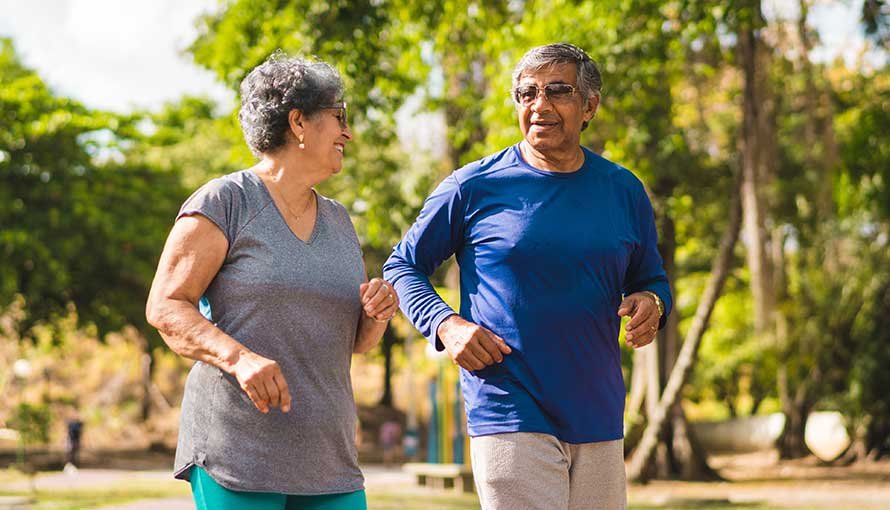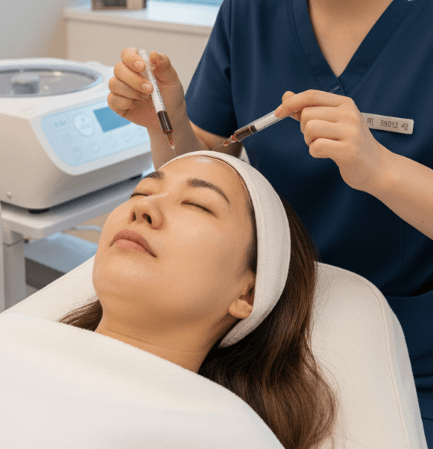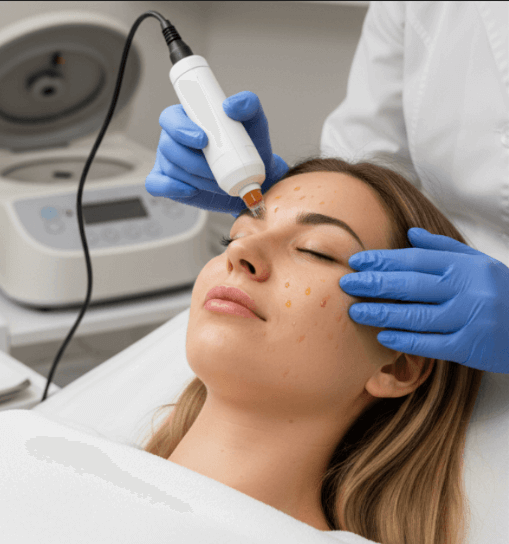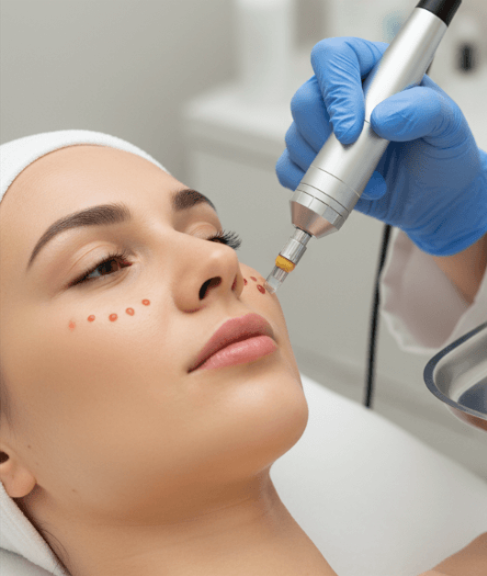Choosing the right post-surgery recovery accommodation is a critical step for international patients visiting Korea for medical treatment. Proper accommodation not only ensures comfort and privacy but also significantly impacts the speed and quality of recovery. Korea offers a wide range of recovery accommodations, from specialized recovery centers to hotels and serviced apartments, each catering to different needs and budgets.
Here’s a comprehensive guide to help international patients select the best post-surgery recovery accommodation in Korea tailored to their unique requirements.
1. Proximity to Medical Facilities
- Close to Hospital or Clinic: Choosing accommodation near the surgery hospital or rehabilitation center minimizes travel time and stress, especially important in the early recovery days when mobility is limited.
- Emergency Access: Quick access to medical facilities in case of unexpected complications or follow-ups is crucial.
- Transportation Services: Some accommodations provide shuttle services or private transport to and from medical appointments, which is highly beneficial.
2. Medical and Nursing Support Availability
- On-Site Medical Staff: The best recovery accommodations often have nurses or medical personnel available 24/7 to assist with post-op care such as wound dressing, medication management, and vital sign monitoring.
- Private Nursing Services: For patients needing personalized care, accommodations that offer private nurses or caregivers provide added peace of mind.
- Coordination with Hospitals: Seamless communication with your surgical team ensures that any medical issues are promptly addressed.
3. Comfort and Amenities
- Room Facilities: Look for accommodations with private rooms that include comfortable beds, adjustable lighting, climate control, and hygiene-friendly bathrooms.
- Mobility Aids: Availability of equipment such as wheelchairs, walkers, or grab bars within rooms to support limited mobility patients.
- Nutrition and Meal Services: Tailored meal plans designed by nutritionists to meet post-surgery dietary needs, including options for specific medical conditions or cultural preferences.
- Relaxation Features: Amenities such as quiet zones, gardens, or meditation rooms help promote mental well-being and stress relief.
4. Multilingual Support
- Language Assistance: Accommodations with multilingual staff or interpreters ease communication barriers for international patients, enhancing comfort and safety.
- Cultural Sensitivity: Facilities that respect cultural practices, dietary restrictions, and personal preferences improve the overall patient experience.
- Clear Communication: Written instructions and signage in multiple languages help patients navigate the facility confidently.
5. Privacy and Security
- Private and Quiet Environment: Post-surgery patients benefit from peaceful surroundings with limited noise and interruptions to encourage rest.
- Security Measures: Secure entry systems, CCTV, and respectful staff ensure patient safety and privacy at all times.
- Visitor Policies: Clear rules about visitors help manage patient rest and recovery without unwanted disturbances.
6. Accessibility and Transportation
- Wheelchair-Friendly Design: Accommodations should have ramps, elevators, and accessible bathrooms to support patients with mobility challenges.
- Convenient Location: Easy access to public transport, taxis, or shuttle services for medical visits and daily errands.
- Parking Facilities: For patients renting cars or receiving visitors, parking availability is important.
7. Cost and Insurance Compatibility
- Transparent Pricing: Look for accommodations offering clear, upfront pricing with no hidden fees.
- Insurance Acceptance: Some accommodations work directly with international insurance providers, simplifying payment processes for patients.
- Package Deals: Consider accommodations offering bundled packages including nursing care, meals, and transport for cost efficiency.
8. Reviews and Recommendations
- Patient Testimonials: Reading reviews from previous international patients provides insights into service quality and patient satisfaction.
- Medical Tourism Agencies: Consulting agencies specializing in Korean medical tourism can recommend trusted recovery accommodations.
- Hospital Referrals: Many Korean hospitals partner with specific recovery centers known for excellent post-op care.
9. Additional Services
- Physical Therapy and Rehabilitation: Some accommodations include on-site or nearby rehab facilities to continue physical therapy without additional travel.
- Mental Health Support: Access to counseling or stress management programs to support emotional recovery.
- Concierge Services: Assistance with errands, sightseeing, or communication helps patients enjoy their stay beyond medical needs.
📝 Final Tips for International Patients
- Start planning your recovery accommodation well before your surgery date.
- Clearly communicate your medical needs and preferences with your chosen facility.
- Verify all services included and understand cancellation policies.
- Ensure your accommodation can accommodate any special medical equipment or visitors you may require.




